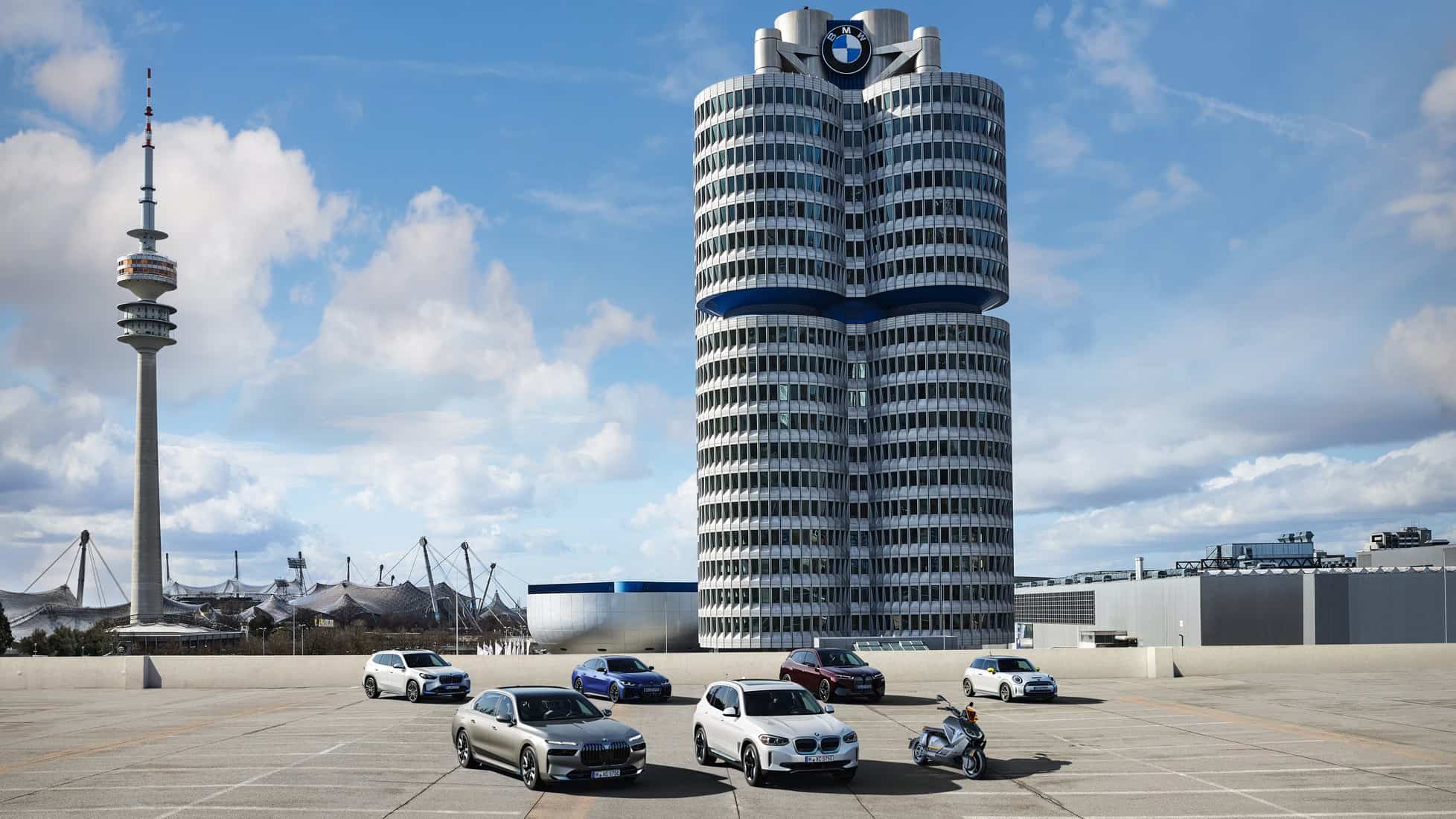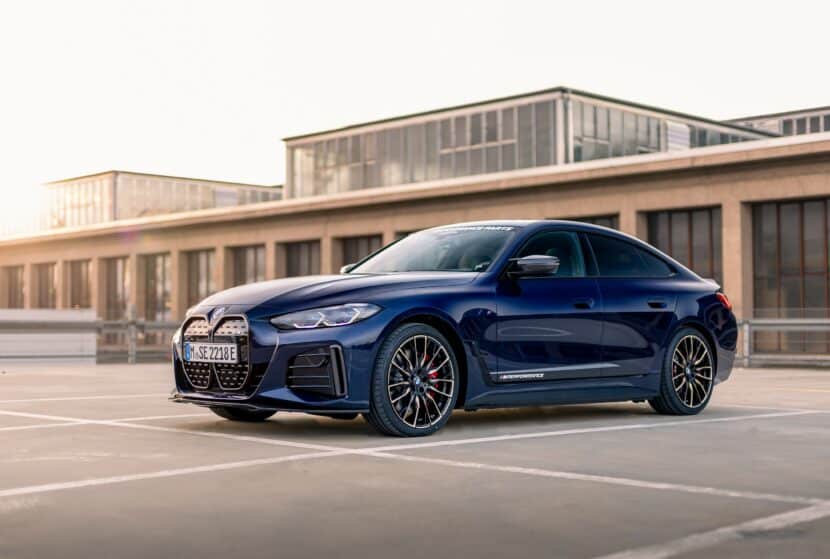Let’s all be honest and admit enthusiasts couldn’t care less about fleet-wide emissions. However, these are extremely important to an automaker that sells cars in the European Union. Should BMW or another company exceed the target limit set by the EU, it’s forced to pay fines. Specifically, they’re charged €95 per gram of CO2/km over the target, per car sold in Europe. That can quickly amount to millions and millions of euros.
The BMW Group doesn’t have to worry about this since it estimates EU fleet-wide CO2 emissions last year came in at 105 grams of CO2 per kilometer in the WLTP cycle. That’s 22 grams below the fleet target limit set by the European Union (plus Norway and Iceland) of 127 grams. Compared to 2021, the German automotive conglomerate was able to lower its fleet-wide emissions by more than 9%.
Needless to say, this wouldn’t have been possible without plug-in hybrids and BEVs, which saw an increase in sales of 35.6% to 372,956 units in 2022. The BMW Group more than doubled (+107.7%) sales of purely electric cars in 2022, with 215,755 BMW and MINIs delivered without a combustion engine.
BMW M had a record-breaking 2022 by selling 177,257 cars, and the fully electric i4 M50 was surprisingly the most popular model. At MINI, the zero-emission Cooper SE was its best-selling product, with deliveries rising by 25.5% to 43,744 units. The Oxford-based company enjoyed a 14.3% boost in sales of PHEVs and EVs, which reached 60,839 units.
For 2023, the objective set by the BMW Group is for BEVs to account for 15% of total sales, fueled by the iX1 and the upcoming i5. Rolls-Royce is also jumping on the electric bandwagon as deliveries of the Spectre will commence in the final quarter of 2023. The ultra-luxury coupe is already shaping up to be a commercial success as strong demand might force the British brand to increase production.
In the long run, the BMW Group intends to have EVs account for half of the annual sales by the end of the decade.
Source: BMW Group






































































